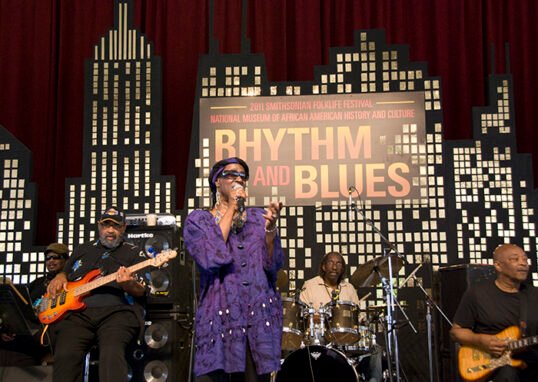
Rock music’s history is peppered with legendary feuds and rivalries that have captivated fans and fueled media frenzy. These clashes, often as fiery as the music itself, add drama and intrigue to the rock narrative. This post delves into some of the most notable rock music feuds and rivalries, highlighting the passion and personalities that have defined the genre.

The Beatles vs. The Rolling Stones
One of the most iconic rivalries in rock history is between The Beatles and The Rolling Stones. Although both bands started around the same time and had mutual respect, the media often pitted them against each other. The Beatles were seen as the clean-cut, boy-next-door group, while The Rolling Stones embraced a more rebellious image. This rivalry, though largely media-fueled, pushed both bands to new creative heights, leading to some of the most influential music of the 1960s.
Oasis vs. Blur
The Britpop era of the 1990s saw a fierce rivalry between Oasis and Blur, two bands that embodied different aspects of British culture. Oasis, with their working-class roots and raw, anthemic sound, clashed with Blur’s art school background and more eclectic style. The rivalry peaked with the release of their singles “Roll with It” (Oasis) and “Country House” (Blur) on the same day in 1995. Blur won the chart battle, but Oasis went on to greater commercial success, making this feud one of the most memorable in rock history.
Guns N’ Roses vs. Nirvana
The early 1990s brought a clash between Guns N’ Roses and Nirvana, representing the old guard of rock excess and the new wave of grunge simplicity. Tensions escalated at the 1992 MTV Video Music Awards, where Axl Rose and Kurt Cobain exchanged heated words. This rivalry symbolized the shifting landscape of rock music, with Nirvana’s stripped-down, anti-establishment ethos challenging the larger-than-life persona of Guns N’ Roses.
Metallica vs. Megadeth
The feud between Metallica and Megadeth is rooted in personal history, as Megadeth’s founder Dave Mustaine was an original member of Metallica before being fired in 1983. Mustaine’s dismissal led to a bitter rivalry, with Megadeth’s aggressive sound often seen as a direct response to Metallica’s success. Over the years, the tension has ebbed and flowed, but the competitive spirit between these two titans of thrash metal has driven both bands to continually up their game.
Liam Gallagher vs. Noel Gallagher
While Oasis as a band had rivalries, the most intense feud was internal, between brothers Liam and Noel Gallagher. Their volatile relationship, marked by frequent public spats and onstage altercations, eventually led to the band’s split in 2009. Despite the acrimony, both brothers have continued to enjoy successful solo careers, with their ongoing feud remaining a source of fascination for fans.
Courtney Love vs. Dave Grohl
The feud between Courtney Love and Dave Grohl, former bandmates of the late Kurt Cobain, has been a longstanding one. Personal and professional conflicts, often centered around the legacy of Nirvana and Cobain’s estate, have fueled their animosity. Despite occasional truces, their relationship remains fraught with tension, highlighting the challenges of navigating personal loss and artistic collaboration.
Axl Rose vs. Slash
Another notable internal feud is the one between Guns N’ Roses members Axl Rose and Slash. Their disagreements over creative direction, personal issues, and business matters led to Slash’s departure from the band in 1996. The feud lasted for nearly two decades before the pair reconciled, leading to a highly successful reunion tour. This feud underscores the complex dynamics that often exist within rock bands.
The Smashing Pumpkins vs. Pavement
The 1990s also saw a rivalry between The Smashing Pumpkins and Pavement, sparked by Pavement’s song “Range Life,” which included a dig at The Smashing Pumpkins. Billy Corgan, frontman of The Smashing Pumpkins, took offense and publicly criticized Pavement. The feud, though less intense than others, highlighted the stylistic and ideological differences between the alternative rock bands of that era.
Conclusion
Rock music feuds and rivalries add a layer of drama and excitement to the genre, reflecting the passionate personalities and high stakes involved in creating iconic music. Whether driven by personal conflicts, artistic differences, or media sensationalism, these clashes have often spurred artists to new heights, leaving a lasting impact on rock history.






